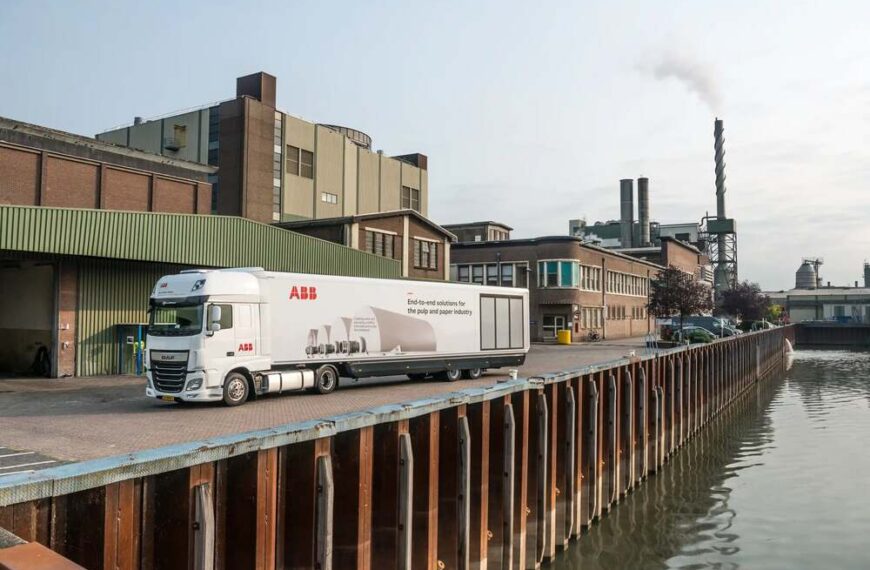To avoid getting drowned in losses, both novice and experienced traders must make multiple investments. Options and commodity futures contracts allow direct access to the industry’s price movements. They also offer sufficient exposure to commodities and allow for an additional investment that is less risky.
The trading of commodities began in the early stages of human civilization. It has evolved and is now correctly audited by the government and private companies. Today, there are many commodities. One must have an account on a broker platform and an investment app to access the commodity markets. It would help if you waited before starting your online commodities trading. Learn how to trade items.
The strategy of commodity trading works well for sophisticated investors. Before making any trades, you should understand the price charts and other research. Market price movements can either lead to significant gains or the opposite. Before you enter into any commodity trades, it is essential to understand and research the price charts. There is also the risk that market price movements can cause significant gains or losses. You need to know your risk profile. You must also have a diverse portfolio if you plan to trade commodities.
Define Commodities
You can use commodity trading to trade a wide range of commodities, such as oil, gas, metals, nonmetals, and other things. Commodity trading is similar to stock trading but with a different format. How to start commodities in India is an excellent place to start. Understanding the types of things is crucial.
Four major types of commodities in the stock market
Metals commodity: This includes industrial metals aluminum, iron, copper, etc.
Energy: This includes oil, fuels, and other types of energy. Renewable energy, such as wind or solar power, is also possible.
Agriculture product: This category includes edible goods like grain, rice, wheat, and cotton. You can also have palm oil and cotton in this category.
Bullion: This includes precious metals like gold or silver
What is commodity trading?
You can trade on the future value of an underlying commodity. If the commodity’s price rises, you can buy futures or keep the end.
Traders trade future contracts of assets in a marketplace called a commodity exchange. These contracts derive their value from the prices of the underlying commodities, and traders can buy or sell these futures at a specified time. You can then decide when it is the right time to make a sale. You can then sell your underlying asset at a fixed price. Online trading is a great way to trade from anywhere in the world. The commodity market is constantly changing. Modern trading platforms offer a quick and easy trading platform.
A commodity exchange is an organization that allows traders and investors to trade and buy commodities. They regulate and establish rules and regulations for selling standard commodity contracts and other investment products. To offer trading opportunities to Indian traders and investors, SEBI requires commodity exchanges to register. SEBI is the Indian Securities and Exchange Board. They are owned and managed by the Ministry of Finance, Government of India. India’s major commodity exchanges are Multi Commodity Exchange (MCX) and National Commodity and Derivatives Exchanges (NCDEX).
The Advantages of Commodity Trading
These are some of the benefits of commodity trading in India.
- The best thing about commodity trading is the ability to protect against inflation (sudden price increases).
- Using commodity trading allows you to price hedge against an event that could lead to a price rise.
- Commodity futures have high leverage, which means that even a tiny price fluctuation can result in huge profits.
- You can diversify your portfolio by purchasing commodities
- You can avoid excessive exposure to shares.
Conclusion
Recent years have seen significant growth in India’s financial market. Commodity trading allows investors to speculate on future prices. You need to understand the basics of commodity trading before investing in India. This article should help you understand the pros and cons of commodity trading. Commodity trading can be risky, so traders use various tools and techniques to manage risk, such as stop-loss orders and options trading. Our platform equips users with personalized investment advice, research, news, and analysis tailored to their risk tolerance and investment objectives. So try some of the advanced investment apps in India, such as Kotak Securities and the KST app, for diversifying your financial portfolio.
Also, Read YouTubers Floatplane Watch NebulaMolloyBBC.

















